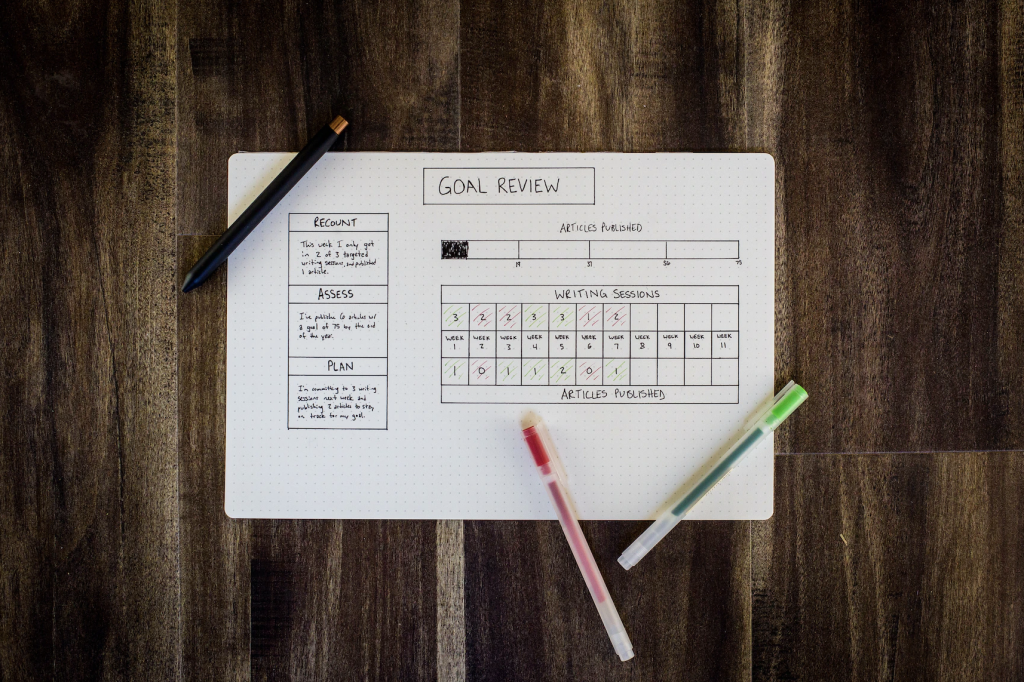
Can Failed Goals Be a Good Thing?
“For though the righteous fall seven times, they rise again, but the wicked stumble when calamity strikes.” – Proverbs 24:16
There’s a popular saying that reads, “Shoot for the moon. Even if you miss, you’ll land among the stars.” I remember reading this quote on a poster in one of my middle school math classes, but I didn’t know anything about its origins until recently.
The quote was first attributed to Norman Vincent Peale, an author and pastor who lived and worked in the mid-1900s. Peale is well-known for his best-selling book, “The Power of Positive Thinking.” Essentially, Peale wanted people to dream big and aim high because the outcome would still be positive even if they didn’t reach their ultimate standards or aspirations.
I have mixed feelings about this quote. On the one hand, I think one of the most critical mistakes people make when setting goals is choosing a goal that’s too big (I’ll talk more about this in next week’s blog post). At the same time, I think there’s tremendous value in Peale’s perspective.
A goal can serve you even if you don’t meet the goal if it inspires you to take action. Let’s say that you want to read more often. You aren’t currently reading at all, so you set a goal to read twenty books in one year. Because you set the goal, you start reading a few pages each day, and at the end of the year, you’ve read ten books.
So, was your goal a success? In one sense, you failed because you didn’t reach your goal of twenty books. At the same time, you read more than you would have otherwise because of the goal you set. This means that your goal was a success.
We also must remember that our goals work for us, and we don’t work for our goals. Imagine that you begin the year with the goal of reading twenty books, but during the year, your spouse or child is diagnosed with a serious health condition. Should you spend your free time caring for your loved one or pursuing your goal of reading twenty books? The answer is obvious, and this case study reminds us that we must account for circumstances outside of our control when we think about setting goals.
At the heart of this conversation is the idea that there’s greater value to be found in setting goals than simply reaching (or not reaching) the goal. As you think about setting goals, I want to challenge you to get intensely curious about the outcome you desire from your goals. Ask questions like, what impact will working on this goal have on my life? How will it help me grow or develop, even if I don’t ultimately achieve the goal? What am I willing to sacrifice in order to reach the goal, and what would it take for me to pause the goal or drop it entirely? Considering these questions will reinforce that failed goals can still have a positive impact, and they will remind you that sometimes quitting a goal is actually the smartest thing you can do.
“The Lord directs the steps of the godly. He delights in every detail of their lives. Though they stumble, they will never fall, for the Lord holds them by the hand.” – Psalm 37:23-24

